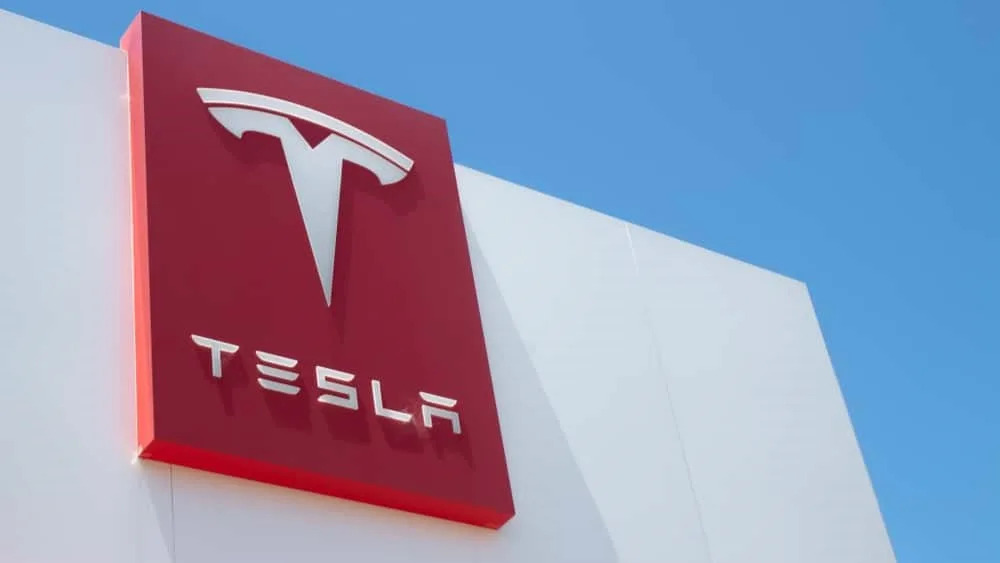South China Morning Post
Tue, October 17, 2023 at 3:30 AM MDT·7 min read
With supporters clutching small Palestinian flags behind him and a traditional Palestinian scarf draped over his shoulders, South African President Cyril Ramaphosa appeared at a public rally in Boksburg on Saturday, voicing deep concern about "the atrocities that are unfolding in the Middle East".
Ramaphosa, a former anti-apartheid activist, pledged South Africa would back Palestinians and described them as having withstood Israeli "occupation for almost 75 years".
His remarks sharply contrasted with Washington's unwavering support for Israel in defending its cities and citizens after a surprise assault by the Palestinian militant group Hamas on October 7 led to the deaths of more than 1,300 Israelis - mostly civilians. An unknown number of people, including Americans, were taken hostage.
Do you have questions about the biggest topics and trends from around the world? Get the answers with SCMP Knowledge, our new platform of curated content with explainers, FAQs, analyses and infographics brought to you by our award-winning team.
Since the attack and abductions, Israeli air strikes have killed nearly 2,400 people in the Hamas-controlled Gaza Strip. Israel has cut off the flow of food, medicine, water and electricity and asked more than 1 million residents in the north of Gaza to flee south "within 24 hours" as it prepares for a ground offensive.
As the war unfolds, deep divisions have resurfaced between the Washington-led West and the Global South, a newly ascendant geopolitical entity comprising postcolonial and developing countries.
Ramaphosa's South Africa is a key member of this grouping, and has gained influence since joining Brics, an association of leading emerging markets that also includes Brazil, Russia, India and China.
Despite the Biden administration calling on the world to stand by its ally Israel, many in the Global South have criticised the Jewish state for occupying Palestinian territory and subjecting Palestinians to apartheid-like discrimination and oppression.
The defiance comes after the grouping rejected Western pressure to follow its anti-Moscow stance on Russia's invasion last year of Ukraine.
And when Washington rushed air defences and munitions to Israel, Beijing - which presents itself as an alternative to "Western hegemony" - found fault with Israel and called on "all parties to return to the negotiating table".
At the same time, Moscow, Beijing's "no-limits" partner, has squarely targeted the US for failing to deliver on the Palestinians' right to sovereignty.
Experts say the divergent positions will further isolate the West on the global stage and could prove "self-defeating" for its detractors.
Speaking to Saudi Arabian Foreign Minister Faisal bin Farhan Al-Saud, Chinese Foreign Minister Wang Yi on Saturday portrayed China as a potential peace broker.
Wang told his Arab counterpart that Beijing remained engaged in intensive communication with all parties to push for a ceasefire.
China stood ready to work with regional players to bring the Palestinian question back to the right track of the two-state solution so that it can be resolved comprehensively, justly and permanently, Xinhua reported Wang as saying.
He added that Israel's actions have gone beyond self-defence and that its collective punishment for the people in Gaza must stop.
Meanwhile, Russian President Vladimir Putin on Friday called the crisis a "glaring failure" in Washington's peacemaking efforts, which have paid "little attention to their fundamental issues related to statehood".
Egyptian President Abdel Fattah El-Sisi expressed similar sentiments during a meeting with US Secretary of State Antony Blinken on Sunday.
"I'm quite concerned about the reaction," said Sisi of Israel. "They just overextend the right of self-defence, and it turns into a collective punishment of 2.3 million Palestinians."
Indonesia, the most populous country in Southeast Asia, described the occupation of the Palestinian territories by Israel as the "root of the conflict" that must be resolved according to United Nations "parameters".
Malaysian Prime Minister Anwar Ibrahim on Monday said Western officials had been pressuring him to condemn Hamas. "I said that we, as a policy, have a relationship with Hamas from before, and this will continue," he told his country's parliament.

Protesters attend a rally supporting the Palestinian people in Jakarta, Indonesia, on Sunday.
Brazilian President Luiz Inacio Lula da Silva, who last month pitched himself as a leader of the Global South at the UN General Assembly in New York, last week called for a cessation of "the insanity of war".
His foreign minister, Mauro Vieira, on Friday said Brazil had "received with dismay the news that Israeli forces called for all civilians - more than one million - living in northern Gaza to leave within 24 hours".
India, no stranger to terrorist attacks and recently forging closer ties with Washington as Beijing's stature grows, was quick to convey its solidarity with Israel. However, New Delhi reiterated its support for a two-state solution.
Elizabeth Wishnick of the Virginia-based Centre for Naval Analyses, a federally funded research group, said the latest round of Israel-Palestine conflict would "contribute to the fracturing of the international community".
Observing that China and Russia had teamed up on various issues in opposition to the West to create their "own kind of standards", Wishnick believed the two were drawing "another line" that was "a little bit self-defeating for them".
"It isolates China further from Western countries that they want to engage, especially in Europe", she explained at an Asia Society event on China-Russia relations last week, saying that China and Russia had good ties with Israel "that will be harmed by this".
"Israel was seen as a potential mediator in the Ukraine conflict, for example, and that will be difficult now."
Not calling out Hamas by name is a problem and exposes Beijing's limits on the diplomatic stage, according to Lyle Morris of the Asia Society Policy Institute's Centre for China Analysis.

Demonstrators take part in a pro-Palestinian rally in Cotabato City, in the Philippines, on Monday.
"It makes China look not very powerful on the world stage as far as bringing some kind of solution to the conflict," said Morris as part of the Asia Society panel.
"It's fine to say both parties need to de-escalate. But it's also important to call out aggression, which is what they were unable to do with Ukraine and Russia" as well as in the current Middle East conflict, he added.
Still others have warned it will be difficult for a politically dysfunctional and divided Washington to counter Moscow and Beijing's rising clout.
"Dysfunction has made American power erratic and unreliable, practically inviting risk-prone autocrats to place dangerous bets - with potentially catastrophic consequences," wrote Robert Gates, a former US defence secretary, in Foreign Policy, a global affairs publication, days before Hamas attacked Israel.
With further military and economic aid to Ukraine on hold amid a looming US government shutdown, along with increasing concerns over Beijing's possible invasion of Taiwan and Israel seeking American help against Hamas, the US Congress will need to dole out more money despite sharp partisan divisions over federal spending.
A stopgap budget to keep the US government open expires on November 15, and it is far from certain when a new speaker of the House will be elected.
Wishnick of CNA said Biden was "working on creative solutions".
"We keep finding errors in Pentagon accounting. And maybe there'll be an error in the State Department accounting, we'll find some money for Ukraine", she added, noting that Ukrainian President Volodymyr Zelensky was expected to visit Israel.
"I don't think that that these are two zero-sum conflicts ... so that's misplaced hope in Beijing and Moscow".
Copyright (c) 2023. South China Morning Post Publishers Ltd. All rights reserved.














